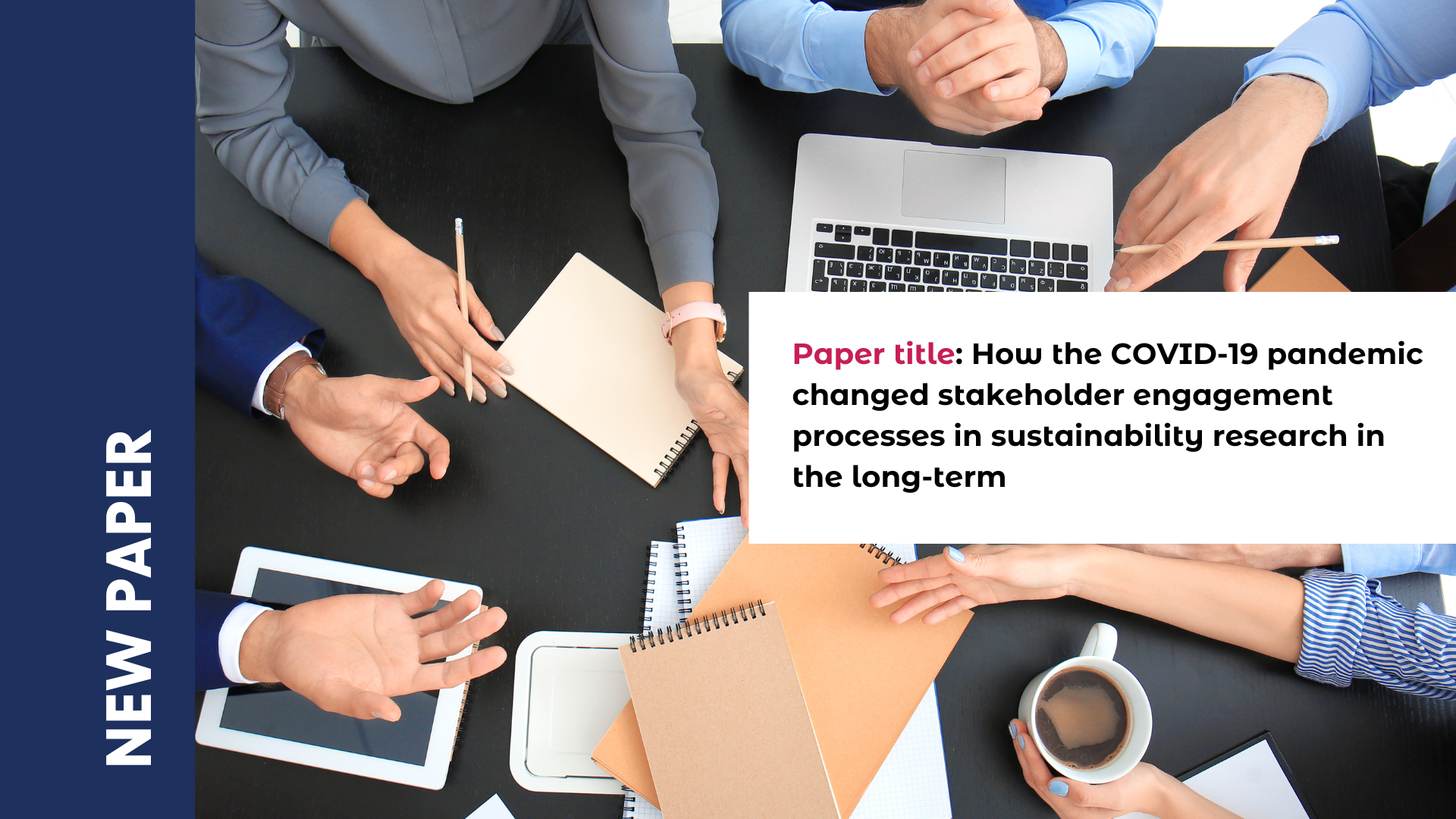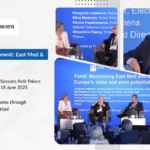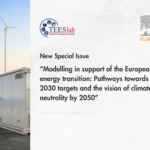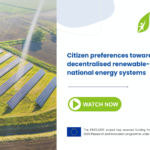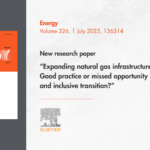Solving sustainability problems such as the energy transition requires scientific and non-scientific understandings and a broad range of knowledge. In many research projects, such knowledge is generated together with different actors representing society and thus engaging stakeholders plays a vital role for effective scientific results. Effectively engaging stakeholders in research is never an easy task due to limited availability and differing priorities, but the COVID-19 pandemic has added a new complexity to it.
Our recently published paper entitled “How the COVID-19 pandemic changed stakeholder engagement processes in sustainability research in the long-term” aims to explore the effects of the COVID-19 pandemic to the stakeholder engagement in sustainability research projects.
To address this, interviews with stakeholders and researchers and a survey among European sustainability research projects in 2022 were carried out. Our results indicated that the pandemic had a long-term impact on stakeholder engagement in research. More specifically, our study showed that:
-
The pandemic forced researchers to quickly find alternative formats and tools for engagement, which made them think beyond standard practices and look for innovative solutions.
-
Online engagement is a time and resource saver, has expanded the engagement portfolio and has provided new opportunities for the involvement of stakeholders from different countries or even continents.
-
In-person activities still guarantee a deeper connection and exchange between people in comparison to online formats.
-
These findings can provide important guidance to researchers and funding agencies on the opportunities and challenges for meaningful stakeholder engagement in research.
You can read the full Open Access article here.

